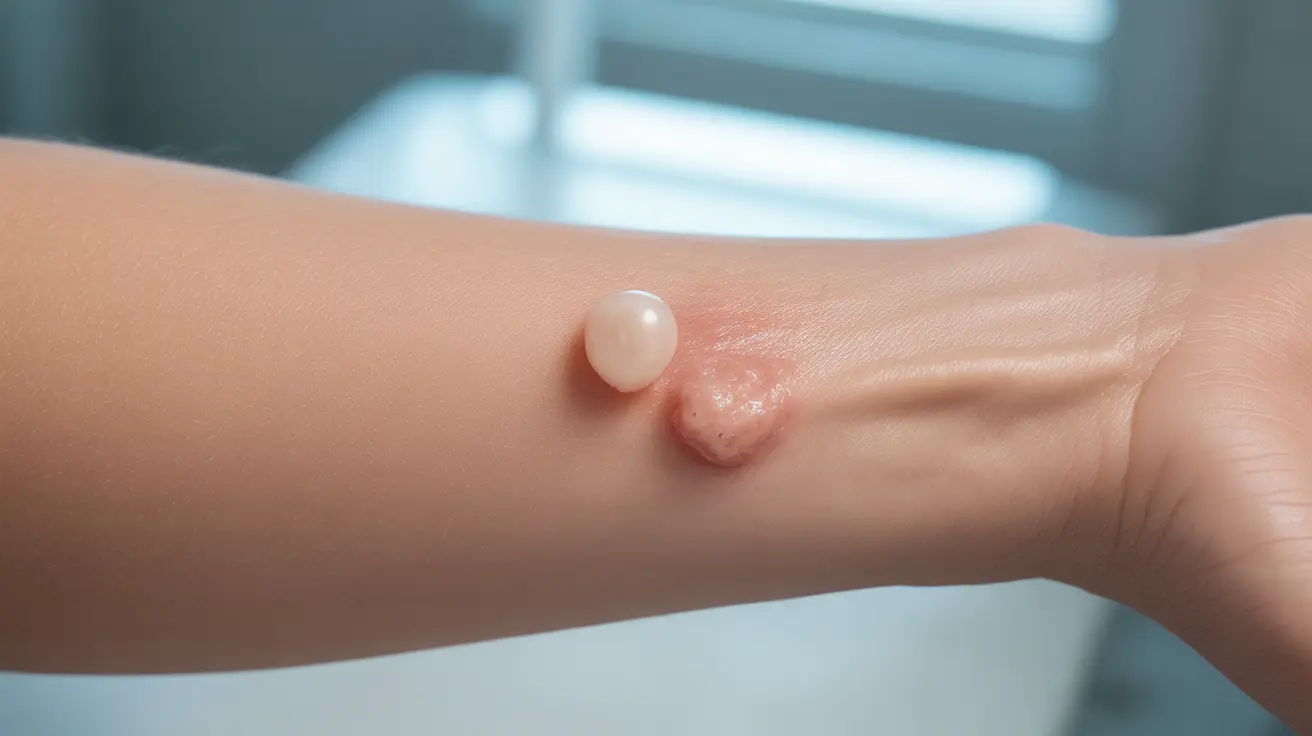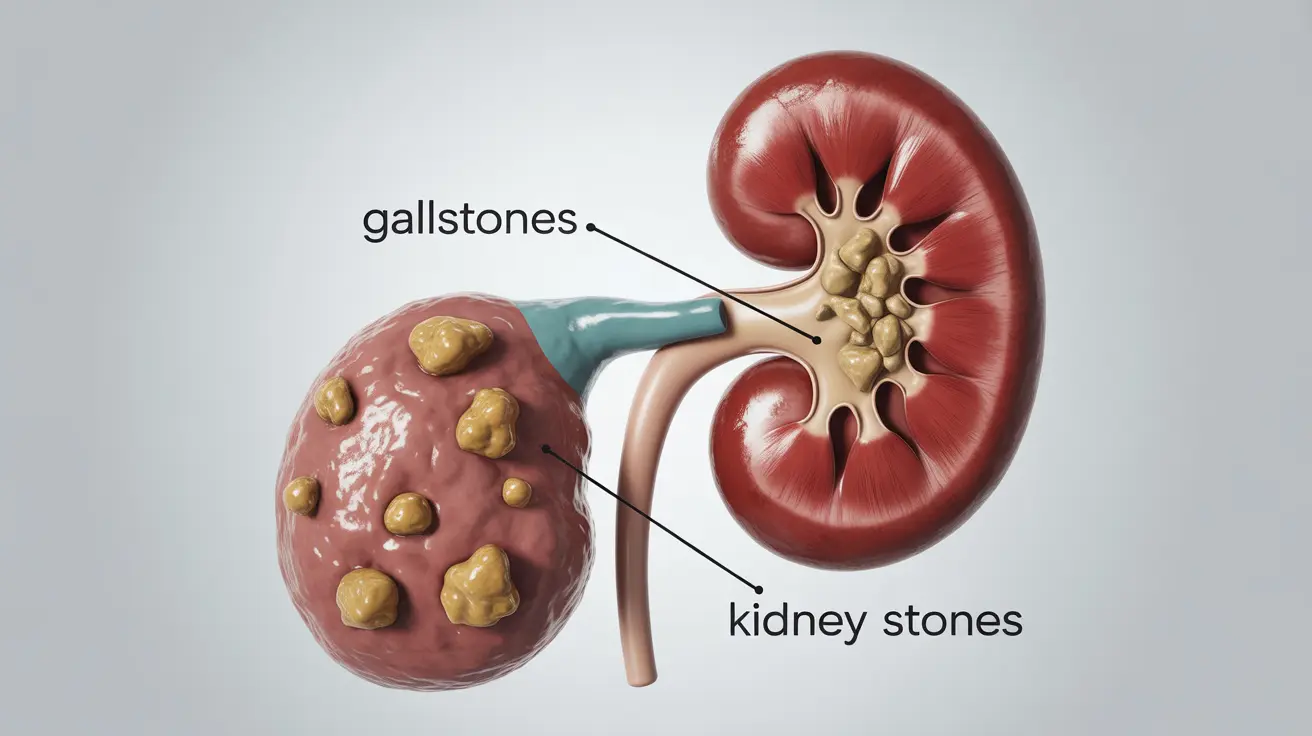In today's world of processed foods and hidden sugars, adopting a low sugar diet has become increasingly important for maintaining optimal health and well-being. This approach to eating focuses on reducing the intake of added sugars and high-sugar foods, which can have numerous benefits for your body and mind. In this article, we'll explore the advantages of a low sugar diet, practical ways to implement it, and how it can positively impact your overall health.
Whether you're looking to manage your weight, improve your energy levels, or reduce your risk of chronic diseases, understanding and following a low sugar diet can be a game-changer. Let's dive into the details and discover how you can make this beneficial dietary change.
Understanding the Low Sugar Diet
A low sugar diet primarily involves limiting the consumption of added sugars and foods high in natural sugars. This doesn't mean eliminating all sugars from your diet, as some natural sugars found in fruits and vegetables are part of a balanced eating plan. Instead, the focus is on reducing processed and refined sugars that offer little nutritional value.
What to Avoid on a Low Sugar Diet
To successfully follow a low sugar diet, it's important to be aware of common sources of added sugars. Some foods and ingredients to limit or avoid include:
- Sugary beverages (sodas, sweetened teas, and fruit juices)
- Candies and sweets
- Baked goods (cookies, cakes, and pastries)
- Processed snack foods
- Many breakfast cereals
- Flavored yogurts
- Condiments and sauces with added sugars
Always check food labels for hidden sugars, which may be listed under various names such as high fructose corn syrup, dextrose, or maltose.
Benefits of a Low Sugar Diet for Weight Management and Overall Health
Adopting a low sugar diet can have numerous positive effects on your body and overall well-being. Some key benefits include:
Weight Management
Reducing sugar intake can significantly aid in weight loss and maintenance. Sugar is calorie-dense but nutrient-poor, meaning it provides empty calories that can lead to weight gain. By cutting back on sugar, you naturally reduce your calorie intake and may find it easier to achieve or maintain a healthy weight.
Improved Energy Levels
While sugar can provide a quick energy boost, it often leads to a crash later. A low sugar diet helps stabilize blood sugar levels, resulting in more consistent energy throughout the day and reduced feelings of fatigue.
Better Dental Health
Sugar is a primary culprit in tooth decay. Reducing sugar intake can significantly improve your dental health, leading to fewer cavities and healthier gums.
Enhanced Skin Health
High sugar consumption has been linked to increased inflammation in the body, which can manifest as skin issues. A low sugar diet may contribute to clearer, healthier-looking skin.
How a Low Sugar Diet Impacts Chronic Disease Risk
One of the most compelling reasons to adopt a low sugar diet is its potential to reduce the risk of several chronic diseases:
Type 2 Diabetes
Excessive sugar consumption is strongly linked to the development of type 2 diabetes. By following a low sugar diet, you can help regulate your blood sugar levels and reduce your risk of developing this condition.
Heart Disease
High sugar intake has been associated with an increased risk of heart disease. A low sugar diet can help improve heart health by reducing inflammation, lowering blood pressure, and improving cholesterol levels.
Liver Health
Consuming too much sugar, especially fructose, can lead to non-alcoholic fatty liver disease. A low sugar diet can help protect your liver and maintain its proper function.
Practical Tips for Reducing Sugar Intake
Transitioning to a low sugar diet doesn't have to be overwhelming. Here are some practical tips to help you get started:
- Gradually reduce sugar in your coffee or tea
- Choose whole fruits over fruit juices
- Opt for unsweetened versions of foods like yogurt and almond milk
- Experiment with sugar alternatives in baking, such as applesauce or mashed bananas
- Read food labels carefully to identify hidden sugars
- Cook more meals at home to control sugar content
- Stay hydrated with water instead of sugary drinks
Remember, the key is to make sustainable changes over time rather than trying to eliminate all sugar at once.
Frequently Asked Questions
What are the benefits of a low sugar diet for weight management and overall health?
A low sugar diet offers numerous benefits for weight management and overall health. It can help with weight loss by reducing calorie intake from empty sources. It also stabilizes blood sugar levels, leading to improved energy throughout the day. Additionally, a low sugar diet can enhance dental health, promote clearer skin, and reduce the risk of chronic diseases such as type 2 diabetes and heart disease.
How can I reduce added sugars in my daily diet without feeling deprived of sweetness?
To reduce added sugars without feeling deprived, try gradually decreasing sugar in your beverages, opt for whole fruits instead of juices, use natural sweeteners like cinnamon or vanilla extract, and experiment with sugar alternatives in cooking and baking. Also, focus on eating whole, unprocessed foods and stay hydrated with water, which can help curb sugar cravings.
Are there any specific foods or ingredients that should be avoided on a low sugar diet?
On a low sugar diet, it's best to avoid or limit sugary beverages, candies, baked goods, processed snacks, many breakfast cereals, and flavored yogurts. Be cautious of condiments and sauces that often contain hidden sugars. Always check food labels for added sugars, which may be listed under various names like high fructose corn syrup, dextrose, or maltose.
How does a low sugar diet impact the risk of developing type 2 diabetes and heart disease?
A low sugar diet can significantly reduce the risk of developing type 2 diabetes by helping to regulate blood sugar levels and improve insulin sensitivity. For heart disease, reducing sugar intake can lower inflammation in the body, improve cholesterol profiles, and help maintain a healthy weight, all of which contribute to better heart health and a reduced risk of cardiovascular problems.
What are some practical tips for gradually reducing sugar intake if I'm used to consuming high amounts?
To gradually reduce sugar intake, start by cutting back on obvious sources like sodas and sweets. Slowly decrease the amount of sugar you add to coffee or tea. Replace sugary snacks with fruits, nuts, or vegetables. Read food labels to identify and avoid hidden sugars in processed foods. Cook more meals at home to control sugar content. Remember, gradual changes are more sustainable than drastic ones, so be patient with yourself as you adjust to a lower sugar diet.
By implementing these strategies and understanding the benefits of a low sugar diet, you can make significant improvements to your health and well-being. Remember, small, consistent changes can lead to big results over time. Start your journey to a lower sugar lifestyle today and experience the positive impact it can have on your overall health.




